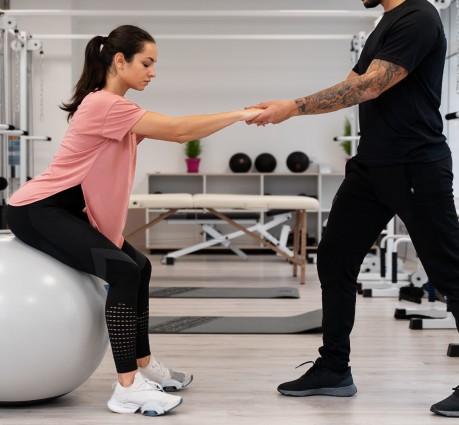MPT Cardiopulmonary is a two-year postgraduate degree programme that comes under the stream of Medical and Allied Science. This degree programme offers in-depth knowledge on the diagnosis and study of coronary diseases, artery diseases, congenital heart defects, and valvular heart diseases. Its theoretical and practical classes help the students learn how to analyse and deal with circulatory illnesses and cardiovascular disorders. MPT Cardiopulmonary also helps them diagnose problems such as restricted circulation, problems in the heart valves, damage to muscle tissues, and pericardial disorders. We provide the ideal combination of engaging lectures, field trips, hands-on activities, participation in national and international seminars, conferences, and internships. During this programme, the students are taught how to treat a patient suffering from respiratory problems, airway clearance, cardio-thoracic surgery, secretion removal, and any other chest compilation surgeries by using independent and manual chest PT techniques.
Duration of programme
Level of Study

Study of physiological responses to exercise and nutrition's impact on health
Training in clinical assessment and diagnostic techniques for physical conditions
In-depth study of cardiopulmonary anatomy, physiology, and pathophysiology.
Application of physiotherapy techniques to improve cardiac and respiratory function.
PEO2: The course is perfect for those students who have analytical skills in interpreting information on the health and functional status of clients with cardio-respiratory conditions based on their medical conditions, risk factors, medical treatments, and exercise history.
Eligibility Criteria
50% marks in Bachelor in Physiotherapy.